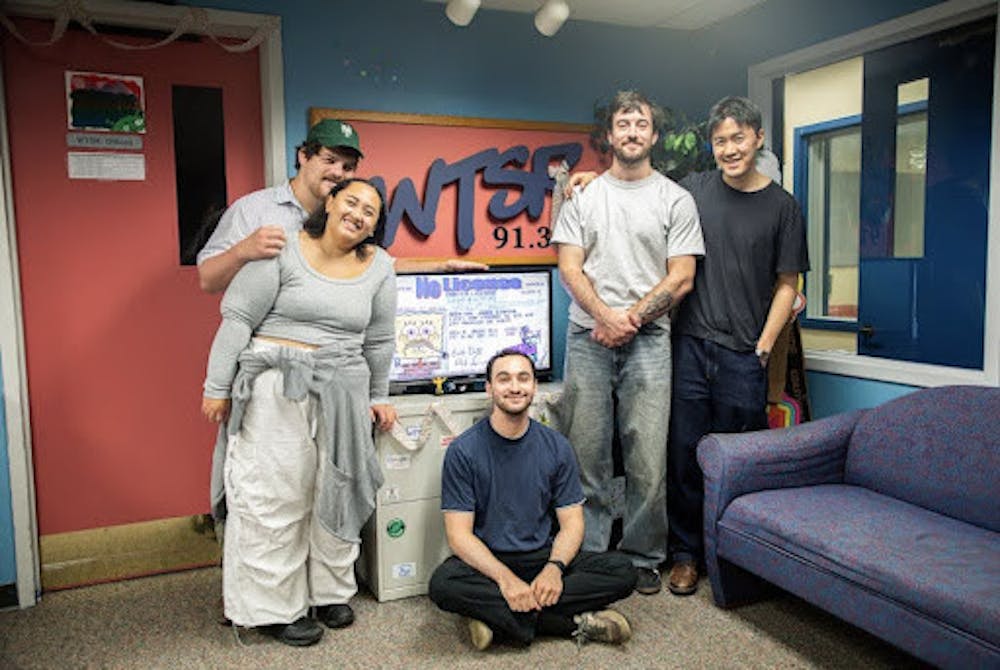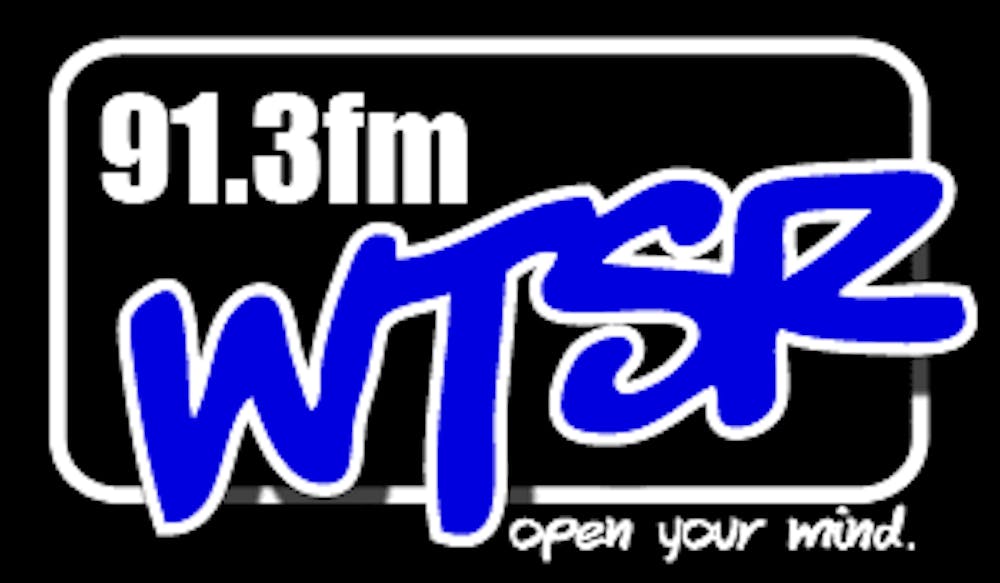By Danica Ward
Staff Writer
For almost 70 years, the College has been home to the WTSR radio station which serves the larger Ewing Township community. Running 24 hours a day, seven days a week with a focus on local and alternative music, the station is a key figure in the College’s community.
For decades, the radio station has been changing lives. Mark Simon ‘97 reminisces about his time with the station. After taking the small step of asking the College’s public affairs and sports directors about how to get involved, WTSR became a huge part of his life for four years, starting that next day.
Simon, who has worked as a podcaster, content creator and contributor for ESPN, says his involvement “began on one of my first days of school in 1993” and continued with 2 years as sports director.
WTSR Trenton was first licensed by the Federal Communications Commission in 1966, but its programming started as a tiny operation eight years prior. With relentless help from station manager Hans Krucke and faculty advisor Warren Nutt, the station finally became licensed to broadcast on Sept. 12, 1966. At that time, the station’s call identification also changed from WTSC to its final form, WTSR: “W” for it being east of the Mississippi River, and “TSR” for Trenton State Radio.
As the station gained popularity, it began to perform as “a communicator between news-making groups and the student body, and to extend to the student body an opportunity to engage in a type of activity not found with other extra-curricular activities,” as is stated on the station’s website.
One of the station’s defining events was when it changed transmitters in the fall of 1974. A major upgrade, WTSR went from a 10 watt transmitter to a 1,500 watt one, expanding its reach to the larger community. Despite previously being labeled at 89.7 fm, the executive board illegally set up range extenders on the roofs of buildings on campus to expand the signal’s reach in protest. As a result of their defiance, WTSR was upgraded to 91.3 fm and a larger transmitter that can now reach a 30 mile radius outside of the campus.
Addie DiPietro, a junior history and secondary education major, raves about the station’s inclusivity and welcoming environment she has experienced.
“I know that I can step out for a walk on campus and run into someone I know from the station…making our own little community feel so large,” she said in a statement. DiPietro is the program manager and an executive board member of the station.
Located in the basement of Kendall Hall, the WTSR studio is divided into rooms. The station boasts a colorfully decorated lounge with memorabilia and band posters, a library with its collection of physical music media and the actual studio, where live broadcasts are hosted on-air.

Local band No License is one of several bands who has performed a set at WTSR Underground. (Photo courtesy of Andre Paras / Video Editor)
There have also been so many people who were integral to the evolution of the station. From appearances by rock band Ween to the involvement of local booking agent and DJ Randy “Now” Ellis, the station has had its fair share of influential forces.
One unique aspect of WTSR are its shows hosted by community volunteers, or CVs. Current shows include “The Continuing Music Adventures of Ms. Sue Ms. Sue," "Solid Gold Review” with Joe Accardi, “Transmission Control” with Tom Kelley, and “Legacy” with Peter Kernast. Ranging from electronic to folk, CVs add to the diversity that the station offers.
DiPietro believes that the CVs “bring a sense of real extended community to the station that a completely student run station would simply lack.”
“Many of our CVs have been running their shows for years, and they have fans and listeners all over the country,” she added. “Our station would not be half as good or fun as it is without all those guys (and the others!) making the station not just a thing or a place but an institution!”
WTSR is also known for highlighting many genres of audio media. Before the station’s slogan was “Open Your Mind,” it was “The Alternative.” Although the name was changed, the principle was not. Alternative music may dominate the station’s programming, but it is heavily supported by everything from sports, to gospel and funk.
“WTSR impacted the community by exposing them to different viewpoints, whether in the music played by students and community volunteers, or the talk and news programming,” Simon said. “It also gave students hands-on experience that they were able to take into their future jobs.”
With the vibrant history that the station boasts, as well as its ability to offer something for everyone, WTSR has stood as a landmark in the community. Whether you’re looking to discuss music or learn more about the multi-media industry, you can “Open Your Mind” with WTSR.







